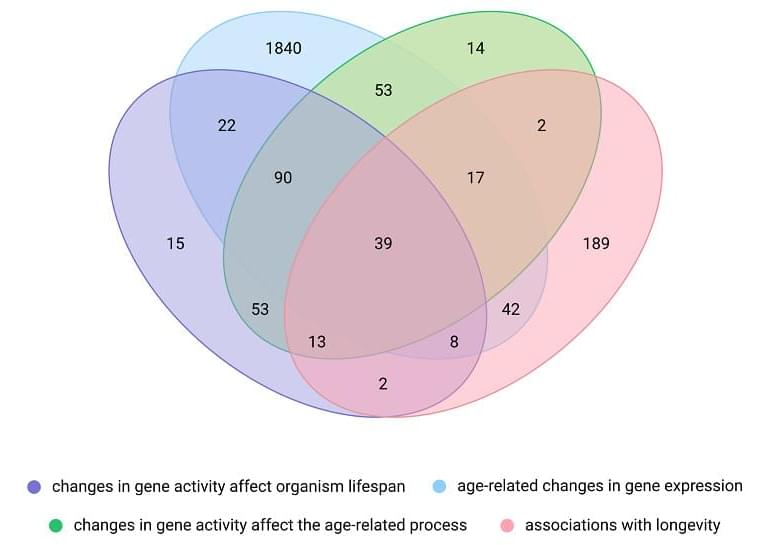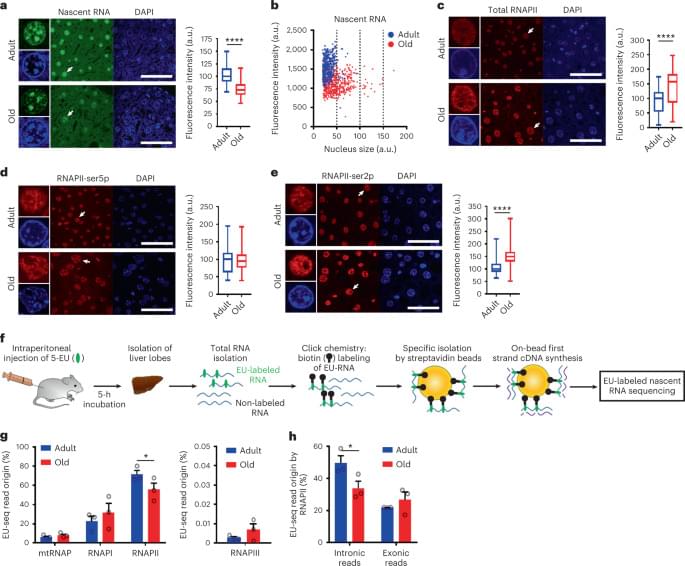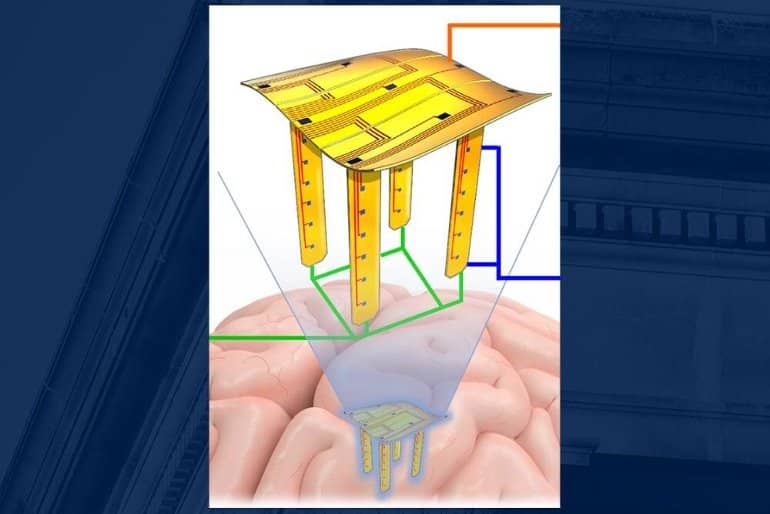Bryan Johnson releases his rejuvenation protocol:
Blueprint is a public science experiment to determine whether it’s possible to stay the same biological age. This requires slowing down aging processes as much as possible and then reversing the aging that has happened. Currently my speed of aging is .76 (DunedinPACE). That means for every 365 days each year, I age 277 days. My goal is to remain the same age biologically for every 365 days that pass.
I openly share (for free!) my diet, exercise and other protocols so that others can benefit and try to improve upon what I’m doing. I also openly share my health data as data is better than human opinion at guiding decision making. You can find everything here: https://blueprint.bryanjohnson.co/
This video is a whirlwind tour of what my daily life looks like as my team and I are on this adventure.
On the surface, Blueprint may seem like something about health, wellness and aging. To me, it’s a philosophy.







